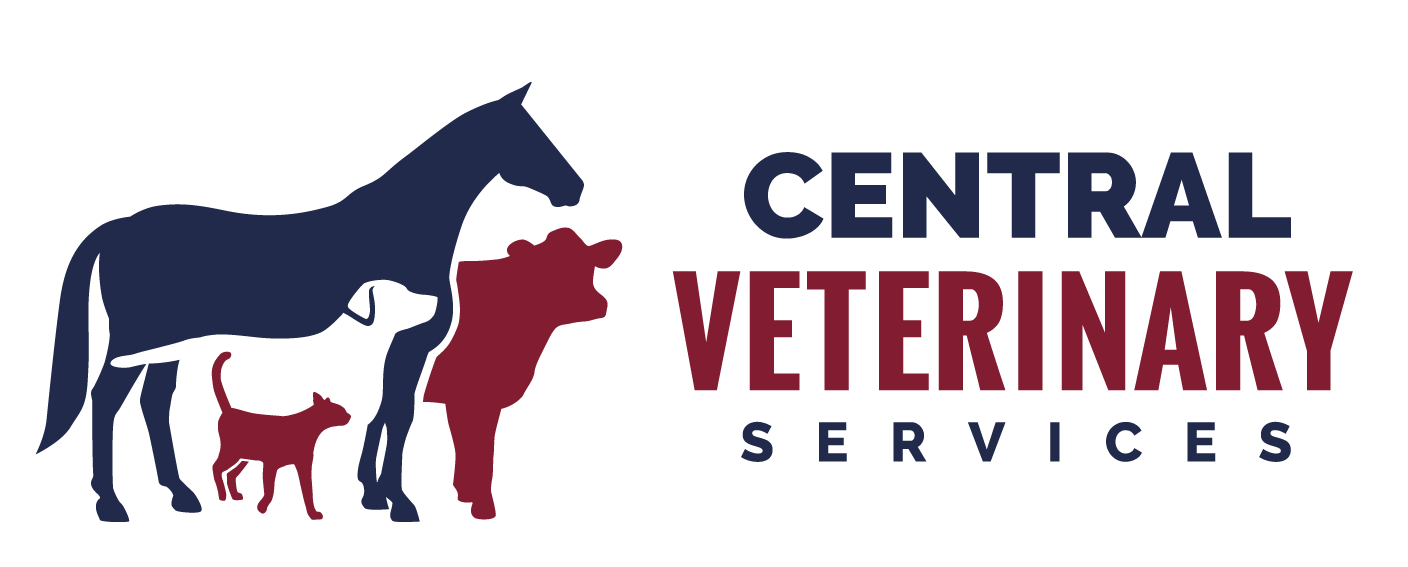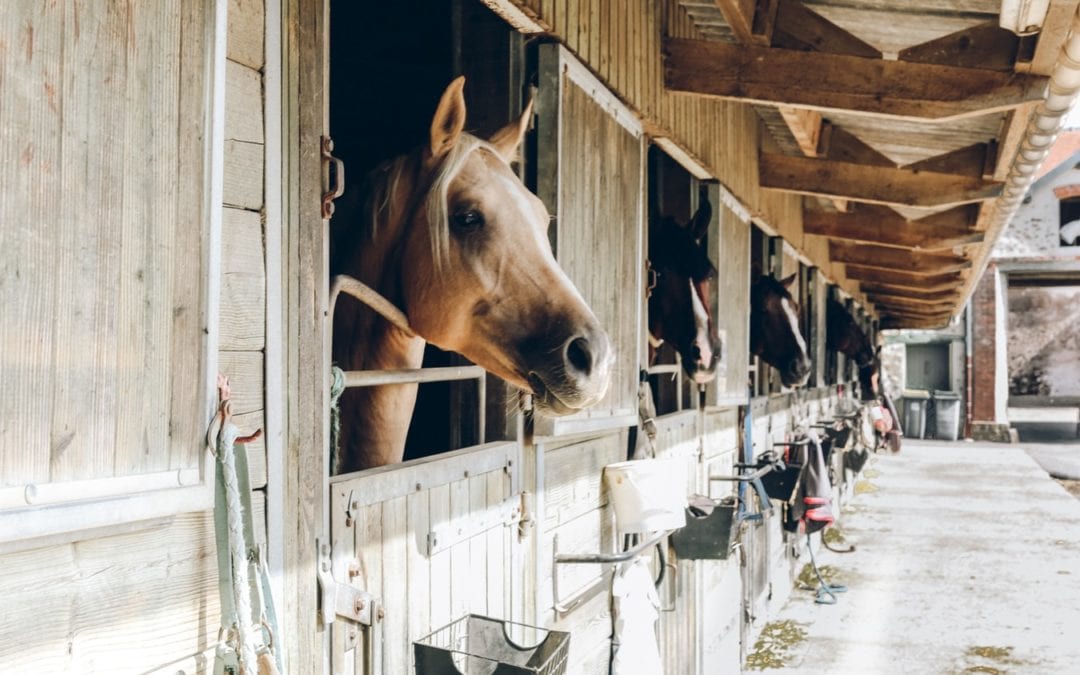Vesicular Stomatitis has not been a concern here in Canada since 1949, however recently there has been some confirmed cases in the U.S. and with many of our clients going to shows in the U.S. we wanted to share this news. By sharing this news we hope to prevent Vesicular Stomatitis in Canada, and help to ensure animals crossing the boarder are able to come back home to Canada healthy & happy.
Vesicular Stomatitis is a viral disease that primarily affects horses, cattle, and swine. While Vesicular Stomatitis causes discomfort to affected animals, and may result in loss of markets for live animals, meat and animal genetics, it is most significant because it closely resembles foot and mouth disease. Foot and mouth disease affects ruminants and swine, and is a devastating disease for producers.
Animals are infected with the Vesicular Stomatitis virus by eating or coming into contact with substances contaminated with saliva or fluid from the lesions of infected animals. Spread in dairy herds may also occur as a result of milking procedures. In some regions insects play a significant role in the spread of the disease. The disease may also be transmitted to humans who come into contact with infected animals. It causes influenza-like symptoms.
Vesicular Stomatitis causes a mild fever, and the formation of blister-like lesions on the inside of the mouth, and on the lips, nose, hooves and udder. The blisters break, leaving raw, sore areas. Affected animals often salivate profusely, and are unwilling to eat or drink. Some animals, particularly swine, may become lame. Milking cows show a marked decrease in milk production. The incubation period (the time between infection with the virus and clinical signs) may range from two to eight days, and animals generally recover completely in three to four days.
If your animal is showing any of the above clinical signs:
-
Call your veterinarian immediately, or call the nearest office of the Canadian Food Inspection Agency (CFIA), which is listed in the government blue pages of your phone book. Vesicular Stomatitis is a reportable disease under the Health of Animals Act. This means that all suspected cases must be reported to the CFIA.
-
Animals with lesions should be kept separate from healthy animals, preferably indoors. Do NOT move animals from your premises until a definitive diagnosis has been made.
-
Wear protective clothing when handling suspect animals to help prevent exposure to the virus.
Vaccines have been developed experimentally to help combat Vesicular Stomatitis, but none are currently approved for use in horses. There is considerable debate over the efficacy of vaccination in preventing or reducing the severity of an outbreak. The period of protection is thought to be fairly limited and once vaccinated, animals will test positive for long periods of time thereby incurring travel restrictions.
Due to the recent outbreak of Vesicular Stomatitis in the United States we at Central Veterinary Services have received notice that the USDA (United States Department of Agriculture) has been asked to immediately suspend the issuance or endorsement of export certificates for horses, swine and ruminants originating from Oklahoma, Wyoming, Colarado, New Mexico & Texas.
The USDA has also been asked to provide a copy of any health certificates for these animals from the affected counties in the above listed states issued for Canada during the 30 days prior to the outbreak.
The importation of horses, swine and ruminants from the above states for all end-uses into Canada will be prohibited, effective immediately. To decide this the CFIA will be reviewing all states in which the animal(s) have resided in the past 21 days to ensure the state is free from clinical and epidemiological evidence of Vesicular Stomatitis during the 21 days immediately prior to export to Canada.
“Exception: Horses, swine and ruminants from a newly VS affected state that are accompanied by a valid U.S. health certificate and arrive at a Canadian Port of Entry within three (3) days of the date of notification will be allowed entry; conditional upon the results of the detailed inspection outlined below. After this time period, all importations of susceptible species will be prohibited. This exception also applies to Canadian animals returning on a valid CFIA export certificate. Any U.S. health certificates endorsed on or after the date of notification are not considered valid.”
The CFIA port of entry veterinarian must undertake a clinical exam of the animals with the additional consideration of Vesicular Stomatitis and determine whether they should be allowed to enter Canada.
A detailed inspection includes, but is not restricted to:
1. Examination of the oral cavity (both buccal and lingual cavities), including tongue for vesicular-like lesions. A flashlight is useful for such examinations.
2. Check for lameness if possible, by examining the feet for vesicles;
3. Exam udder or prepuce;
4. Check the animal’s temperature
Most critically for our clients and their animals, Canadian horses, swine and ruminants returning to Canada will not be able to enter Canada after a stay in the above U.S. states in the last 21 days. They will have to be moved to a non-infected U.S. state, stay there for at least 21 days and be certified by USDA as follows:
“All states in which the animal(s) have resided in the past twenty-one (21) days must have been free from clinical and epidemiological evidence of vesicular stomatitis during the twenty-one (21) days immediately prior to export to Canada.”
NOTE: Various U.S. states may also prohibit movement into state without permit/certification/testing/post-entry testing. The Canadian horse/ swine/ruminant owner should check state requirements before movement.
SOURCES: https://www.inspection.gc.ca/animals/terrestrial-animals/diseases/reportable/vesicular-stomatitis/fact-sheet/eng/1306640102681/1306848592941https://www.aphis.usda.gov/aphis/ourfocus/animalhealth/animal-disease-information/cattle-disease-information/vesicular-stomatitis-info
